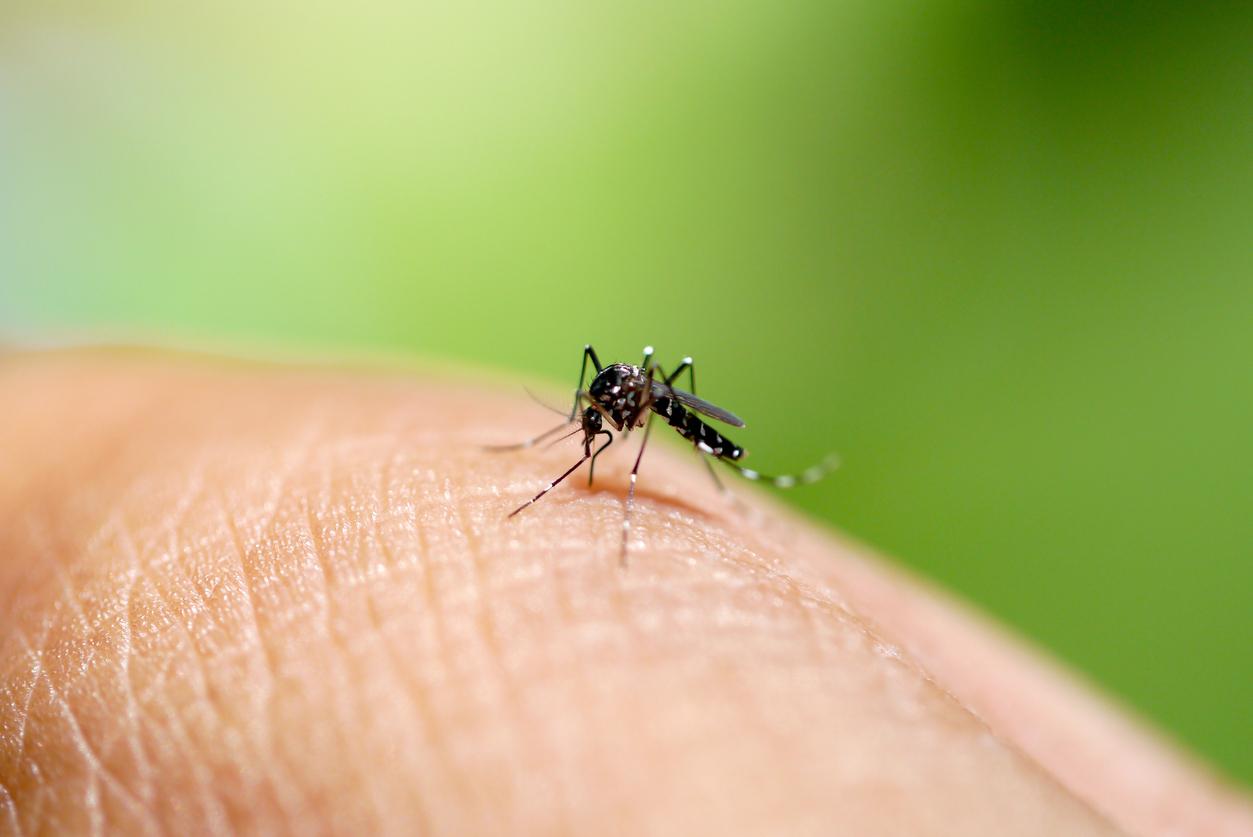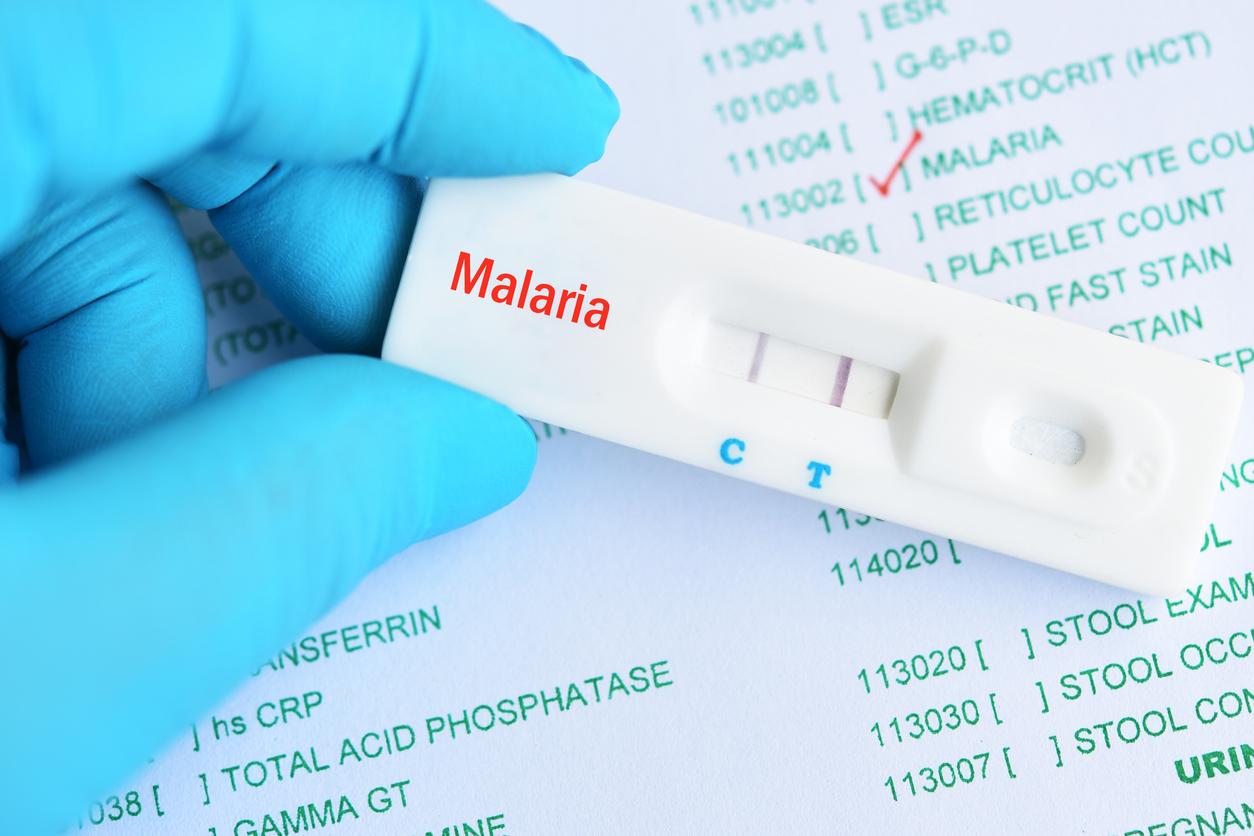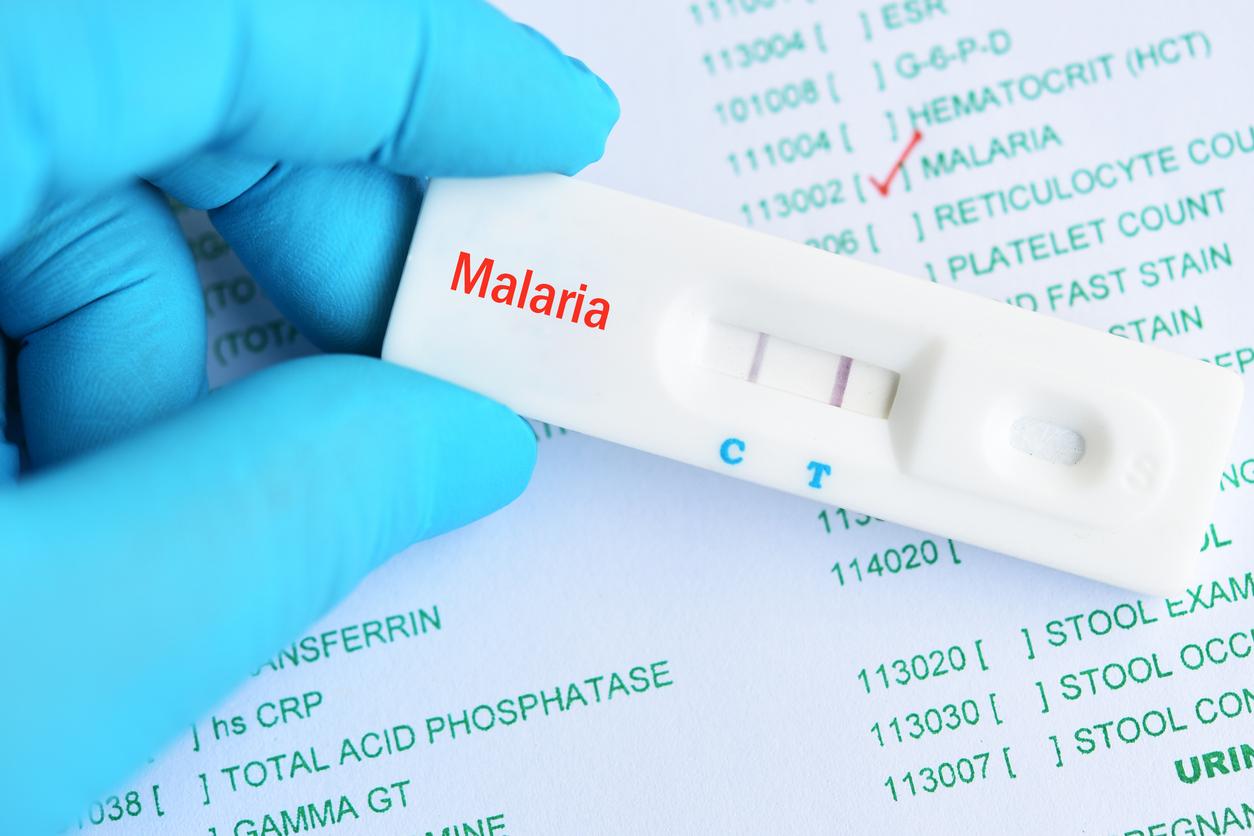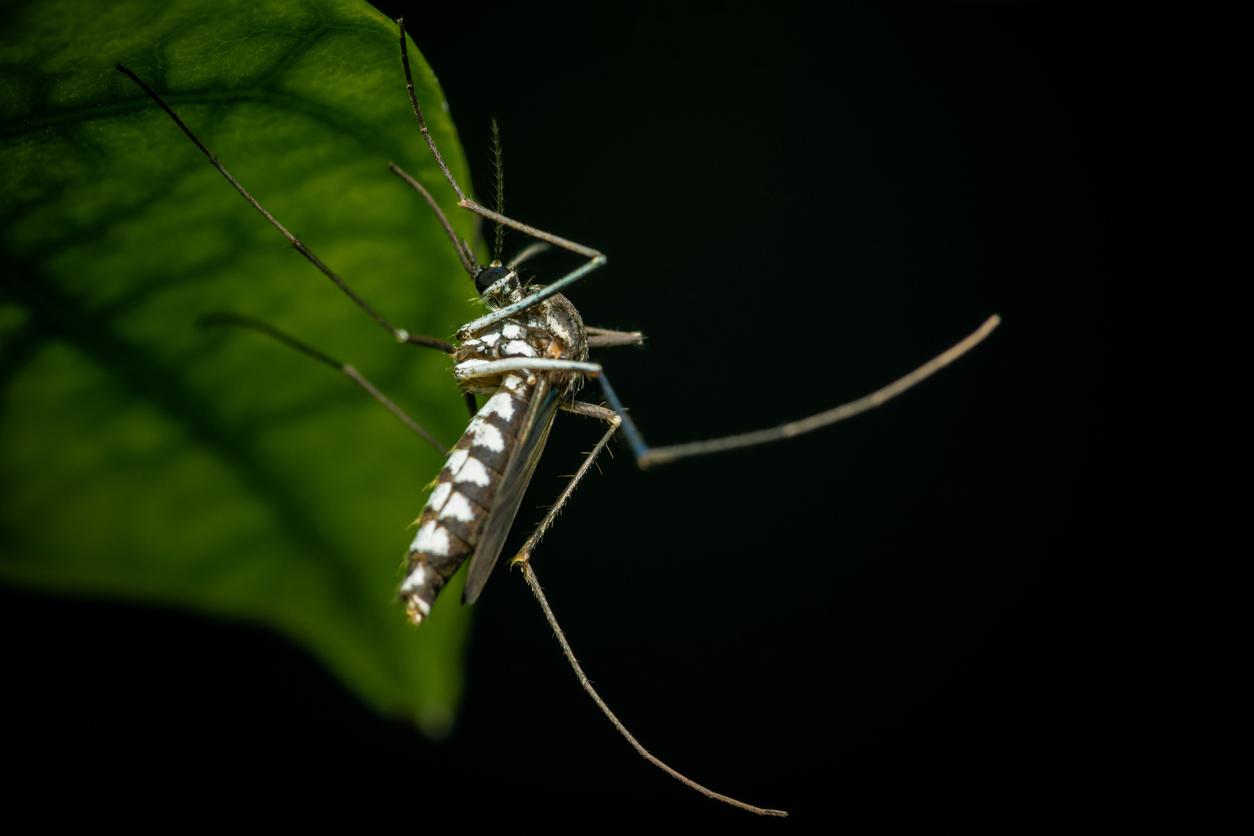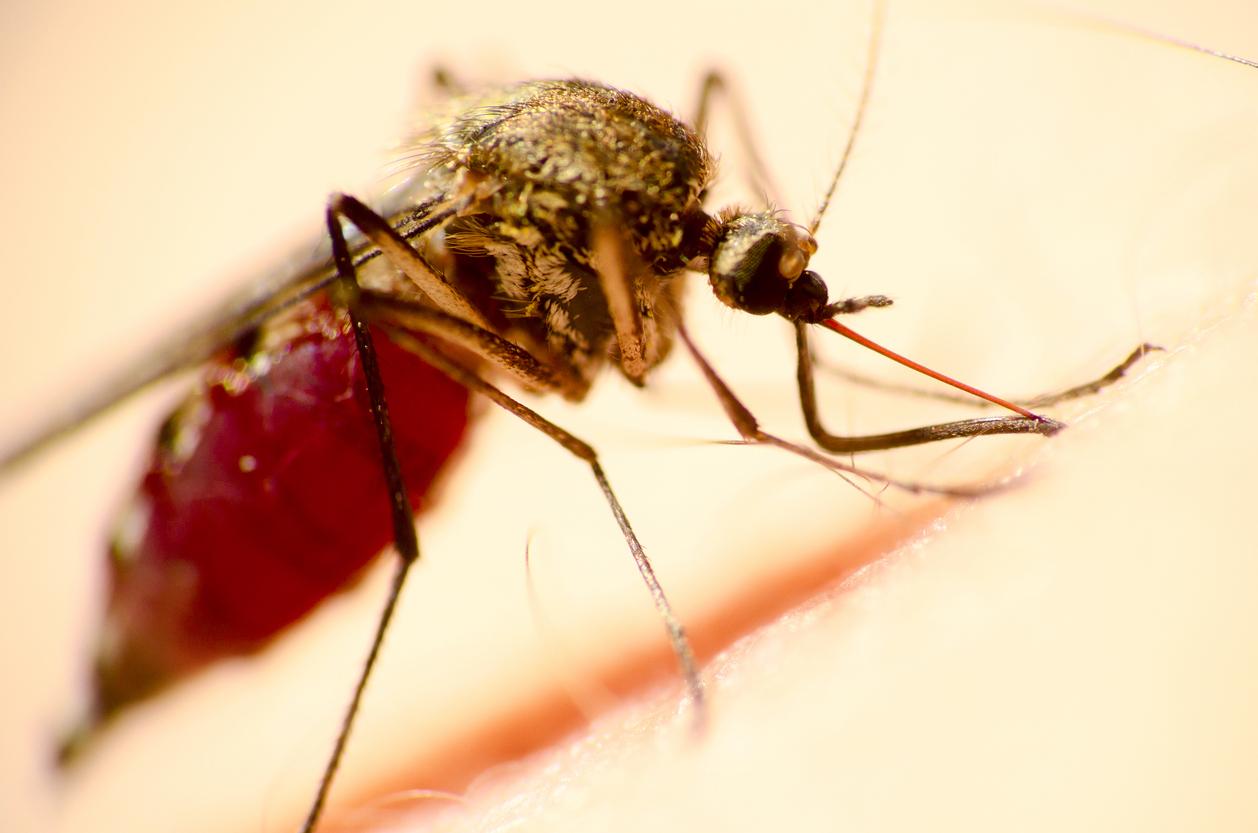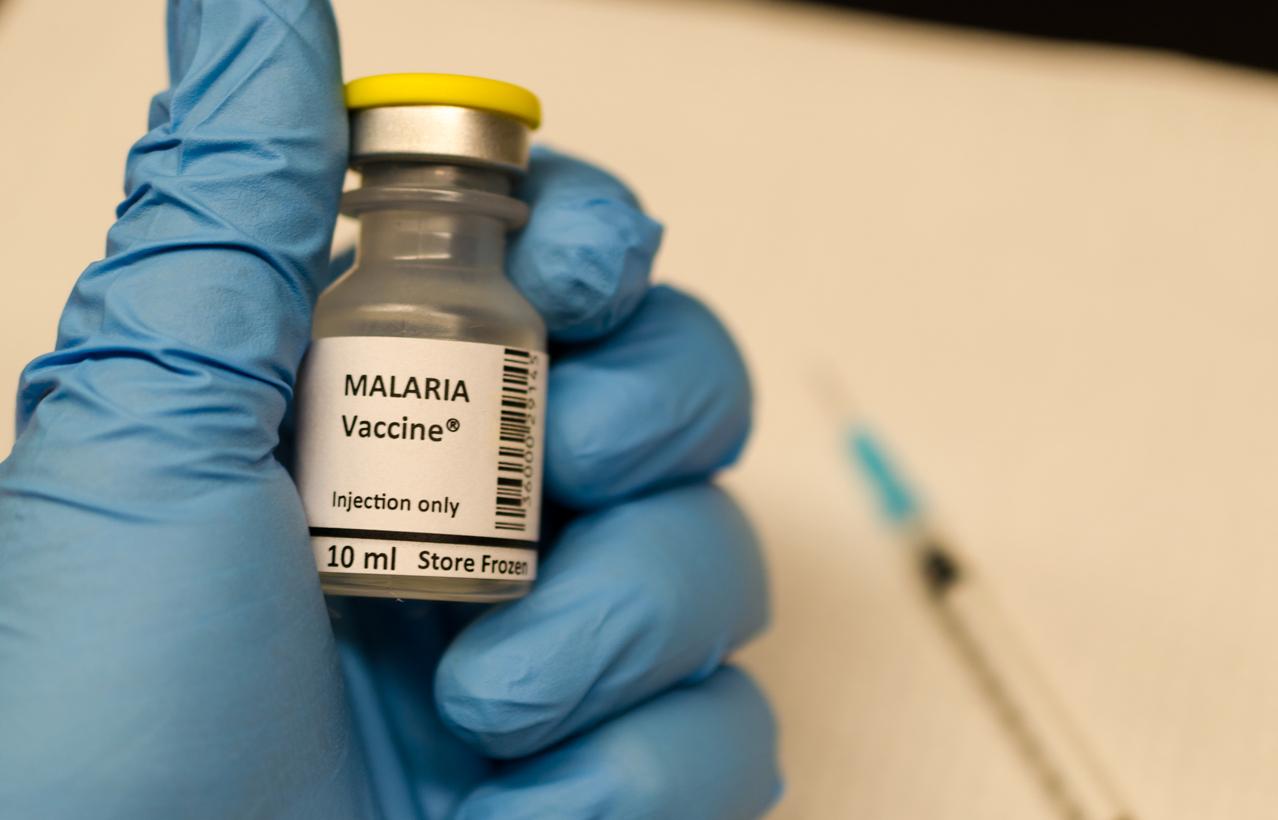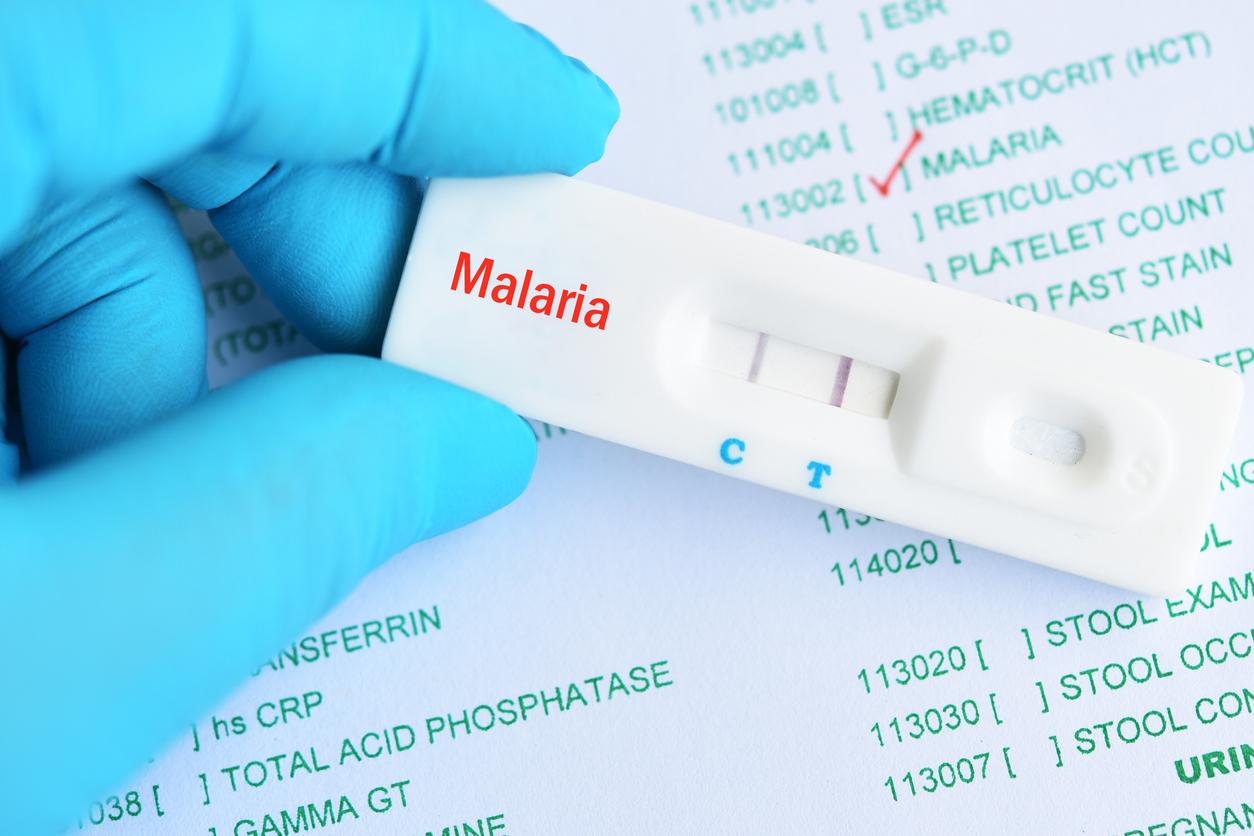The NGO Médecins Sans Frontières warns of an upsurge in malaria cases in the Democratic Republic of the Congo. Children would be particularly affected.

“We are tired of watching the children die.” These are the poignant words of a group leader in the Democratic Republic of Congo, when he talks with a nurse from the Médecins Sans Frontières association. According to MSF, the Congo is facing an outbreak of malaria cases “of rarely reached severity” in the northeast of the country. At the beginning of May, 141 children were hospitalized in a single night in Haut-Uélé (northeast of the country). According to the association, in the hospital which received the young patients, “the twenty-two pediatric beds had two to three children each, while others were stretched out on mats on the floor”. MSF denounces that access to healthcare is derisory and insufficient to combat the spread of the disease. “Cases of severe malaria are increasing and many children die at home, without having access to care”, adds the association in its communicated.
A predictable outbreak
This is not the first time that this region of the DRC has been affected by an outbreak of malaria. “We were already, in 2012, intervened in exactly the same conditions and in the same areas,” explains to Why actor Florent Uzzeni, deputy emergency manager for MSF. The northeast region of the country is a hyper-endemic area, we were preparing to relive an outbreak. “. This time, underlines the deputy head of emergencies, the Congo is facing seven times more cases than the average. And children pay for their vulnerability, “They are the most affected”. Simple cases of malaria which, for lack of care and rapid management, become more complicated and lead to many deaths. “The Congolese health authorities contacted us, destitute. Given the sudden and uncontrollable appearance of the number of cases, and given the derisory stock of drugs available to the authorities, the country was not in a position to respond to this outbreak. “.
MSF launches its emergency plan
MSF teams went there to distribute more than 10,000 artesunate-based treatments, which are supposed to fight the disease. Thousands of rapid tests have also been entrusted to 32 health centers in the region, to allow patients to be taken care of as soon as possible, free of charge and close to home. “Today, our goal is first of all to treat children with uncomplicated malaria as quickly as possible to prevent them from developing severe malaria,” explains in a communicated Florent Uzzeni. Effective treatments exist and if all the actors in the country involved in the fight against malaria mobilize quickly, we will be able to prevent this outbreak from leading to the death of a large number of children, ”he concludes.
According to the latest figures of the World Health Organization (WHO), “3.2 billion people, or nearly half of the world’s population are at risk of contracting the disease.” In 2015, malaria transmission continued in 95 countries. And even though the incidence of the disease has fallen by 37% worldwide, Africa remains the continent most affected by malaria. In 2015, 88% of cases and 90% of deaths related to the disease occurred in the sub-Saharan region.
.







